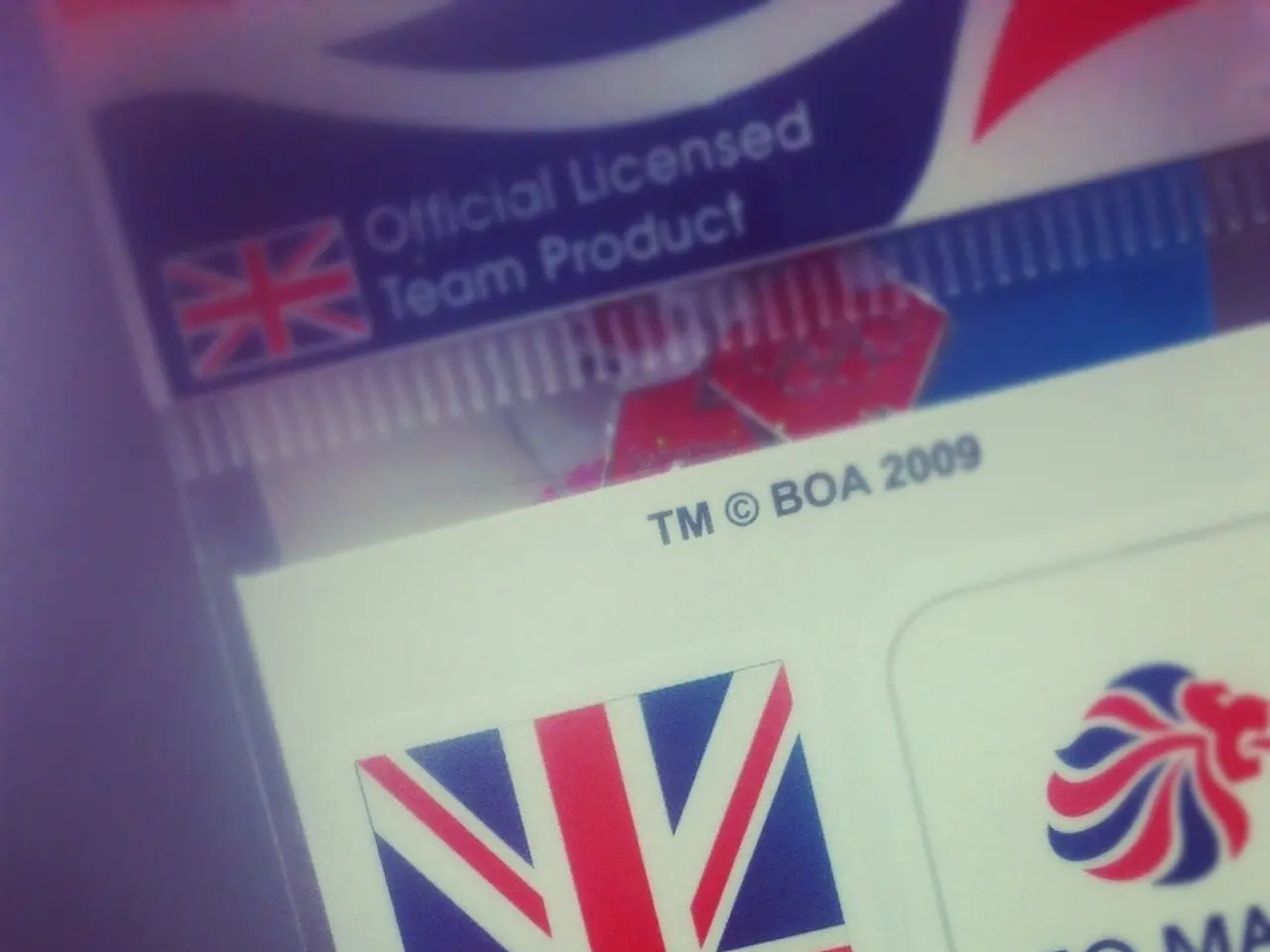VA Loan Advantages and Drawbacks: A Comprehensive Look
VA loans, guaranteed by the U.S. Department of Veterans Affairs, offer unique benefits for eligible active-duty military members, veterans, and surviving spouses. Here's a breakdown of the key advantages and disadvantages of VA loans compared to conventional, FHA, and USDA loans.
Advantages of VA Loans
No Down Payment Required
Unlike conventional and USDA loans, which often require some down payment, and FHA loans which require a minimum down payment (usually 3.5%), VA loans typically allow 0% down payment, making home ownership more accessible for eligible borrowers.
No Private Mortgage Insurance (PMI)
VA loans do not require mortgage insurance, while conventional loans usually require PMI if the down payment is less than 20%, and FHA loans require an upfront and monthly mortgage insurance premium.
Lower Interest Rates
VA loans generally have lower interest rates than conventional loans, saving money on monthly payments and interest over time.
Higher Loan-to-Value Limits on Refinancing
VA loans can refinance up to 100% of the home’s value in many cases, while conventional loans usually limit refinancing to 80% LTV unless PMI is paid.
No Prepayment Penalties
VA loans do not have penalties for paying off the loan early, which is less common in conventional loan agreements.
Foreclosure Protection and Assistance
VA loans provide certain borrower protections and access to counseling or support in case of financial hardship, which is not generally offered with conventional loans.
Renovation Financing Option
VA renovation loans allow borrowers to finance home purchase or refinance combined with repair costs in one loan, helping bring properties up to VA standards without a second loan.
Disadvantages of VA Loans
Service Eligibility Requirement
Only veterans, active duty military, and some surviving spouses qualify, excluding most civilian borrowers.
VA Funding Fee
A one-time fee of 0.5% to 3.3% of the loan amount is charged to most borrowers to help sustain the program. This fee can be financed but increases the loan balance.
Stricter Appraisal and Property Standards
VA appraisals are more rigorous, focusing not only on value but also safety and livability, which can delay or complicate loan approval.
Closing Costs and Fees
VA loans can still involve closing costs, and while they may be lower than conventional loans, some fees like the funding fee are unique to VA loans.
Limited to Primary Residences
VA loans must be used for primary homes, unlike some conventional loans that can be used for investment properties or second homes.
In comparison, here's a side-by-side look at the key features of VA loans, conventional loans, FHA loans, and USDA loans:
| Feature | VA Loan | Conventional Loan | FHA Loan | USDA Loan | |-------------------------------|------------------------------------|----------------------------------------|-------------------------------------|-----------------------------------------| | Down Payment | Typically 0% | Usually 3–20% | Minimum 3.5% | 0% for eligible rural properties | | Mortgage Insurance | No PMI, but funding fee applies | PMI required if <20% down | Upfront + monthly mortgage insurance | Upfront guarantee and annual fee | | Interest Rates | Generally lower | Usually higher | Higher than VA, often lower than conventional | Often competitive, but limited areas | | Property Eligibility | Primary residences only | More flexible property types | Primary residences only | Must be in eligible rural areas | | Credit Score Requirements | No minimum from VA, lenders ~620+ | Typically 620–700+ | Lower minimum (usually 580+) | Usually 640+ | | Appraisal Standards | Stricter, includes property condition | Less strict appraisal process | Moderate appraisal | USDA standards for eligible properties | | Funding/Upfront Fees | VA funding fee 0.5–3.3% | Varies but no funding fee | Upfront MIP plus monthly premiums | Upfront guarantee and annual fee | | Refinancing Benefits | Up to 100% LTV cash-out possible | Usually up to 80% LTV without PMI | Limited cash-out options | Refinancing available with restrictions |
In summary, VA loans offer significant cost savings and borrower protections for eligible military-related borrowers, mainly through no down payment, no PMI, and lower interest rates. However, they come with a funding fee, eligibility limits, and stricter property requirements that differ from conventional, FHA, and USDA offerings. The best choice depends on your military status, financial goals, and eligibility.
In terms of personal-finance, VA loans present a unique advantage for eligible borrowers in the business-world, as they enable home ownership with no down payment required, unlike conventional and USDA loans. Additionally, these loans do not require Private Mortgage Insurance (PMI) unlike conventional loans, offering savings in monthly payments and interest.




